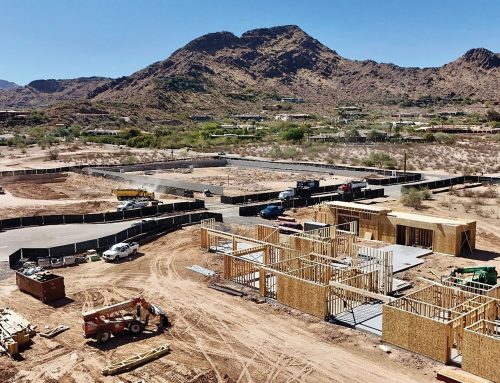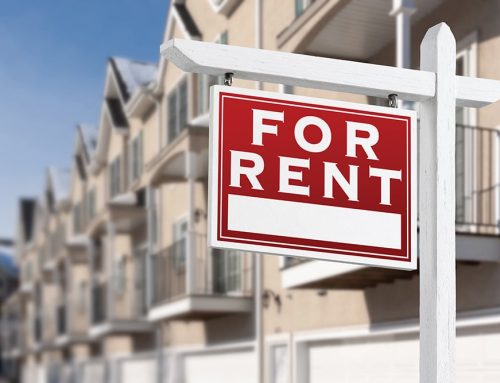By John Cabezas with LIV AZ Realty
The real estate industry is facing one of the biggest challenge it has faced in over 13 years: determining what impact the current pandemic will or may have on property values. If you are a buyer, you may be hoping for major price reductions because the health crisis is straining the economy. If you are a seller, you may be hoping that the real estate market and the industry in general does not skip a beat and continues strongly into 2021.
Economics 101: supply and demand. The price of housing will be determined by supply and demand. Fortunately for us, in Arizona the supply is still very low, and demand continues to grow.
Our Arizona residential real estate market’s strength is measured by supply of inventory. In a normal market we would have six to seven months of inventory. Inventory of over seven months is considered a buyer’s market, and a buyer’s market generally means downward pressure on prices. The opposite is true for inventory with under six months. That would indicate a seller’s market, and a seller’s market would put upward pressure on prices.
In 2019 and into 2020, housing inventory has hovered at about three months worth. Based on these numbers it has been a strong seller’s market for almost two years. Even though buyer demand has decreased dramatically during the COVID-19 pandemic, the number of homes on the market have decreased as well. In the recently released Existing Home Sales Report from the National Association of Realtors (NAR), it was revealed that we currently have 3.4 months of inventory. This means home values should maintain or increase, even during the pandemic.
Here is what some experts are saying:
Ivy Zelman of Zelman Associates: “Supported by our analysis of home price dynamics through cycles and other periods of economic and housing disruption, we expect home price appreciation to decelerate from current levels in 2020, though easily remain in positive territory year over year given the beneficial factors of record-low inventories and a historically-low interest rate environment.”
Freddie Mac: “The fiscal stimulus provided by the CARES Act will mute the impact that the economic shock has on house prices. Additionally, forbearance and foreclosure mitigation programs will limit the fire sale contagion effect on house prices. We forecast house prices to fall 0.5 percentage points over the next four quarters. Two forces prevent a collapse in house prices. First, as we indicated in our earlier research report, U.S. housing markets face a large supply deficit. Second, population growth and pent up household formations provide a tailwind to housing demand. Price growth accelerates back towards a long-run trend of between 2 and 3% per year.”
Mark Fleming: “The housing supply remains at historically low levels, so house price growth is likely to slow, but it’s unlikely to go negative.”
The bottom line: our economy has been placed on hold, but it appears home prices will remain steady throughout the pandemic.
A Cuban born immigrant and businessman, John spent 25 years as an executive in corporate America, has co-written a real estate ‘How To’ book, is a three-time guest on Real Estate Matters (960AM) Talk Show and is currently a partner and Realtor at LIV AZ Realty. In his 20 years as a Realtor, John has been involved in major remodel and renovation projects throughout the valley. View his real estate blog at livazrealty.com.





